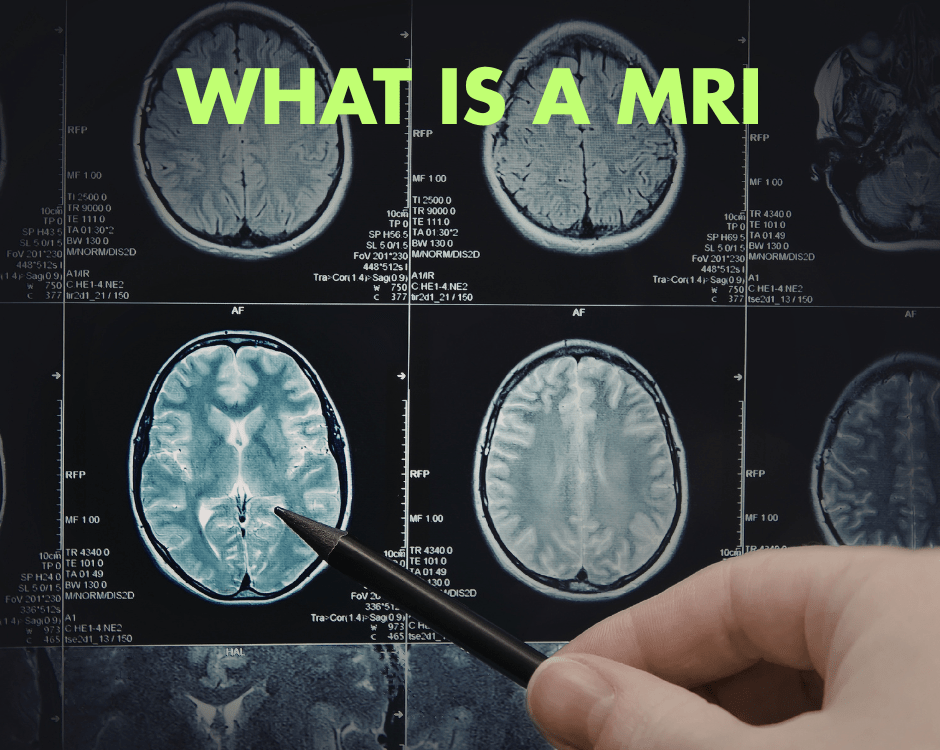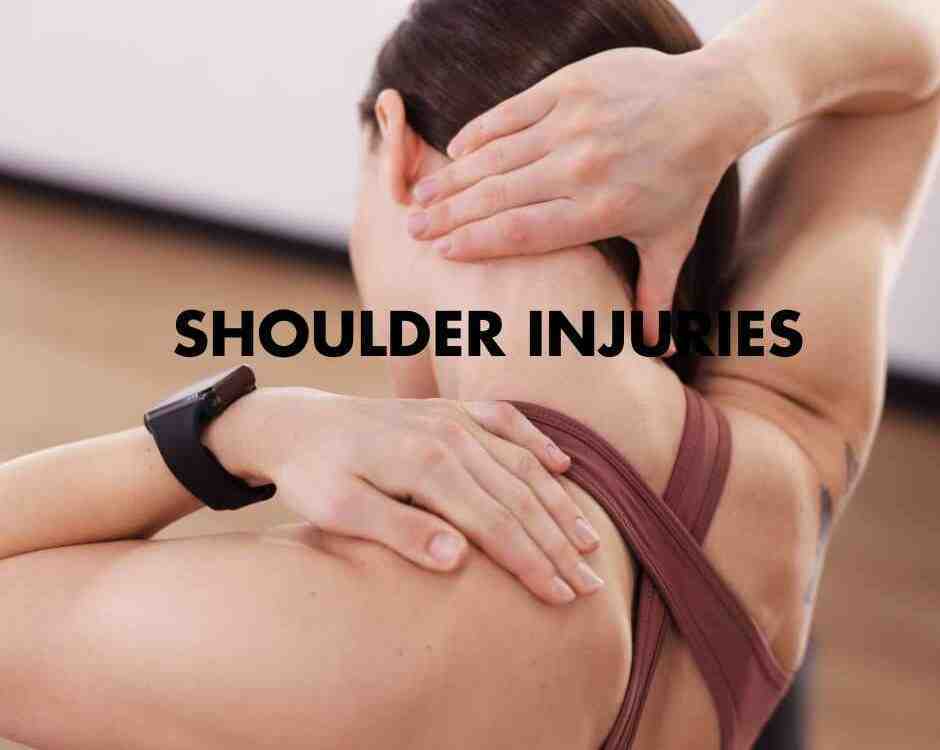Procedural Memory and Driving

Teens and Motor Vehicle Accidents
August 28, 2024
4 Ways to Improve Your Focus
August 28, 2024- Accident doctor
- accupuncture
- airplane headache
- alzheimer's
- best habits
- Brain Injuries
- car accident
- car accidents
- cervical strain
- colds
- concussion
- Concussions
- disc bulge
- dosage meds
- dry needling
- dull pain
- E bike injuries
- florida
- good posture
- headaches
- Headrest positions
- Headrest positions after an accident
- Healthy choices
- Healthy flying
- healthy gift guide
- Healthy SPring Ideas
- hip pain
- hyperextension
- injury doctor
- insurance
- Kayaking
- kentucky
- kids motion sickness
- lifestyle
- motion sickness
- neck injury
- no fault insurance doctor
- noise healing
- osteoporosis
- pain symptoms
- pink noise
- posterior chain
- posture
- prevent osteoporosis
- Rest
- Scoliosis
- shoulder pain
- Stress with kids after a motor vehicle accident
- TBI
- tips
- tmj
- torn muscle
- Traumatic Brain Injury
- trigger points
- VitaminD
- What are Post Traumatic headaches?
Procedural Memory and Its Part in Driving
When you drove to work today you likely gave little thought to all the small details of starting, driving, directions and parking your vehicle. This ability to drive places, with little thought, comes from a specific type of memory process. Procedural memory, a type of long-term memory, plays an important role in driving. This form of memory is responsible for our ability to execute routine tasks, from riding a bike to navigating complex traffic situations. Dr. Aaron Workman, a member of one of the highest rated car accident medical care facilities in Kentucky, explains how procedural memory works and how it can help us become better drivers and handle various driving situations with ease.
What is Procedural Memory?
Procedural memory refers to the type of memory involved in learning and performing skilled actions and tasks. Unlike other forms of memory, which may involve facts and events that we can intentionally recall, procedural memory allows us to perform actions automatically once they are learned. This includes everything from typing on a keyboard to playing a musical instrument.
In the area of driving, procedural memory takes in all the skills and habits associated with operating a motor vehicle. It includes the ability to steer, accelerate, brake, as well as more involved tasks such as parking and navigating through areas of busy traffic. Once these skills are gained, through practice, they become second nature, allowing drivers to perform them with minimal conscious effort.
Driving Skills
When people are first learning to drive, they must consciously think about each aspect of getting the vehicle going. I have found a little difficulty in teaching my children to drive as I often forget steps due to these basic steps being thoughtless acts. The beginning drivers need to focus on coordinating their hands and feet, observing traffic signals, and making quick decisions. This involves a different type of memory, where the driver is actively engaged in learning and recalling driving rules and procedures.
With consistent practice, these movements become locked in procedural memory. For example, experienced drivers do not need to consciously recall how to use the turn signal or adjust the mirrors. These actions become automatic, freeing up cognitive resources to focus on the more complex parts of driving, such as anticipating the actions of other drivers and responding to changing road conditions.
Safe Driving
The efficiency of procedural memory is important for safety. As with all things, more practice early on can ensure new drivers can do all the routine tasks fast and accurately, allowing them to react better to a change in their driving environment. A great example is approaching an intersection, a driver’s procedural memory helps them smoothly apply the brakes, navigate the direction, and check for pedestrians or emergency vehicles without needing to consciously think about each individual action.
Procedural memory can have its faults. It can be affected by things such as distraction, fatigue, and stress. This is why it is important for drivers to remain focused on the road and not their phones. You can improve this memory process through repetition and practice. Just driving daily helps reinforce the skills needed for improved vehicle operation. Another important part is practicing under different weather conditions or traffic situations. This helps solidify your procedural memory in these situations. Any driving classes that are taken can also reinforce your skills and help you stay sharp on the road. By understanding and working on your procedural memory, you can improve skills, adapt better to changing driving conditions, and maintain a higher level of safety.
— This article is written by Aaron Workman, DC, one of the members of Chambers Medical Group’s team of car accident chiropractors who offer a variety of treatments and therapies ranging from diagnostic testing to various soft tissue therapies for car accidents and injuries in Kentucky.
- Car Accident Medical Clinic in Tampa
- Car Accident Medical Clinic in Plant City
- Car Accident Medical Clinic in Brandon
- Car Accident Medical Clinic in Lakeland
- Car Accident Medical Clinic in Sarasota
- Car Accident Medical Clinic in Louisville
- Car Accident Medical Clinic in Lexington
- Car Accident Medical Clinic in Florence




